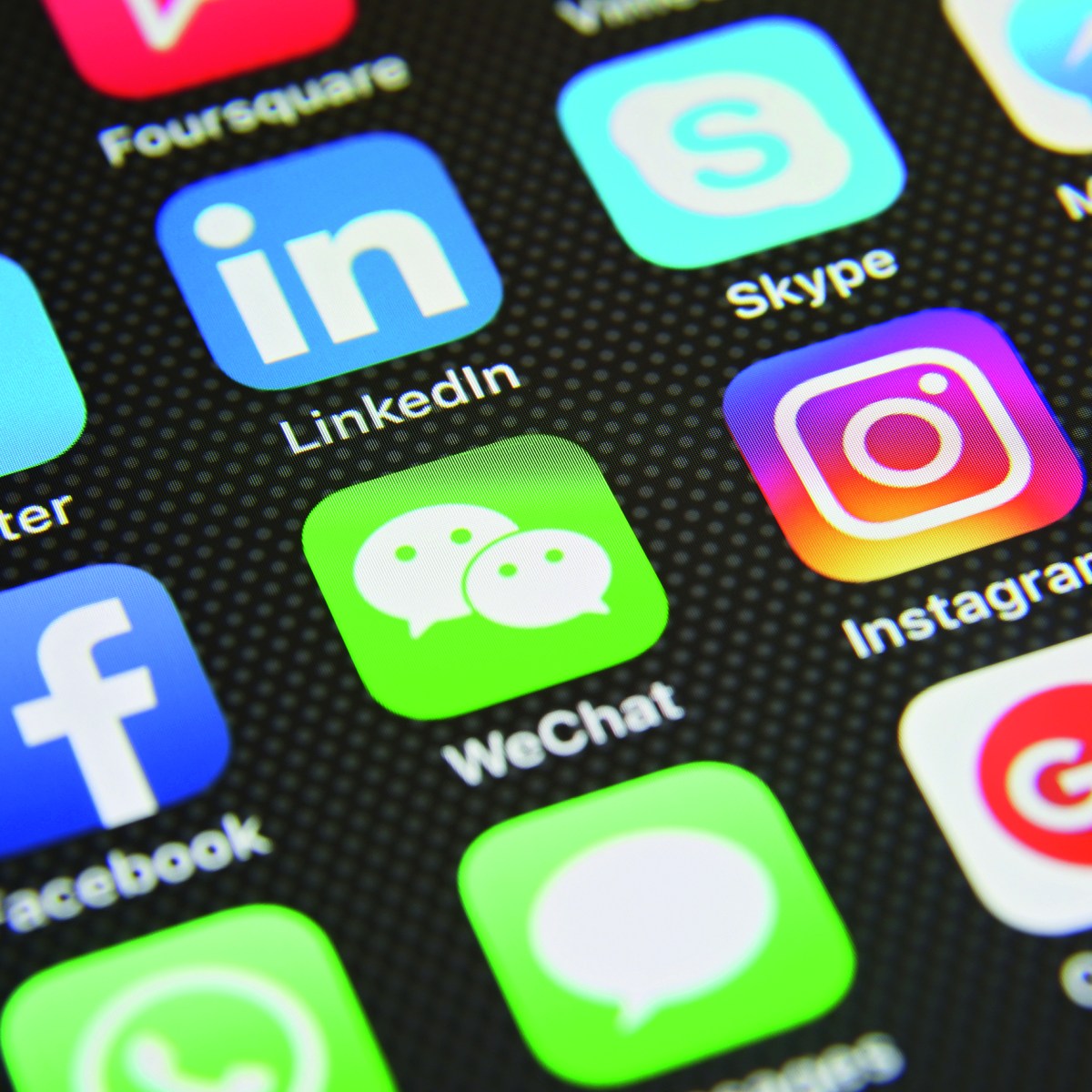By Gary Cohen, CEO of Invigor Group
One of the most exciting new tools available to liquor retailers is the social behemoth WeChat, along with its payment platform, WeChat Pay. WeChat currently has one billion users, 20 million official accounts, and one million merchants who support WeChat Pay in their stores. Users make the most of a mobile, digital wallet that seamlessly integrates into their online and offline lives.
These numbers are only set to grow as WeChat goes from accounting for most payment transactions in China to expanding rapidly into Australia, Asia and other international markets. It was described as one of the world’s most powerful apps by Forbes.[1] It has even been touted as a potential competitor to Visa, Mastercard, and American Express.[2]
For local retailers and vineyards targeting Chinese tourists, WeChat is the payment and communication platform of choice. It offers marketing and payment services for liquor retailers and wineries to promote their brands and business to Chinese tourists even before they have left the country or arrived at their international destination.
As an example, a vineyard in Australia with a cellar door can create ad campaigns to target Chinese tourists planning a trip to Australia. Once in Australia, these tourists can be sent messages via WeChat about where they can buy a particular wine.
Similarly, at the vineyard, the tourists can be offered promotions or rewards via WeChat on a minimum value spent at the cellar door. In addition, the tourists can be offered an alternate payment option through WeChat Pay, letting them pay in RMB (Chinese Yuan), while the vineyard receives payment in the local currency.
After sales, WeChat users can be encouraged to opt-in or ‘follow’ the retailer’s or vineyard’s website or social media accounts to receive regular messages on promotions, potentially continuing the customer relationship even when they return to China.
Beyond payments and marketing services, WeChat technology is also being used to enable staff-less stores in China and Hong Kong. WeChat has launched 100 staff-less convenience stores called Easy Go, which are similar to Amazon Go but completely powered by WeChat technology. Entry to the store is via QR code scan through WeChat. All products are automatically added to consumers’ WeChat wallet, and the total bill is paid as they leave the store. The payment is made without customers having to interact with any staff or pull out their wallet at all. Consumers benefit from seamless experiences while retailers and brands can engage their customers in more personalised, data-driven, and profitable ways.
In some stores, customers can even pay using facial recognition, meaning they can complete their purchases without carrying a wallet, phone, or even a smart watch.
Users can also celebrate Chinese New Year with a virtual exchange of the traditional red envelopes containing money. WeChat Pay lets users give money to friends in the form of virtual credits to others who use the platform. This has generated significant interest among users: since launching the red envelope capability in 2014, WeChat Pay has more than doubled its market share.
Liquor retailers can also include gamification in their marketing arsenal. By incorporating games into WeChat Pay, retailers can achieve higher audience engagement and connection, resulting in more sales. For example, retailers could offer a free cooler bag as a prize for game winners. Participants give their name and contact details, which are then added to the retailer’s contact database for future marketing campaigns.
WeChat’s strength is its ecosystem of services which has various convenient functions and utilities that improve the daily lives of its users.
According to Tencent, the company behind WeChat, 60 per cent of WeChat users open the app more than 10 times a day and 21 per cent opens it more than 50 times per day. The average daily time spent on the app is more than 66 minutes, with 17 per cent of users spending four hours or more every day.[3]
According to the WeChat Impact Report 2018, the WeChat-driven information economy has reached RMB 209.7 billion, which is 4.7 per cent of China’s total information consumption. It also drove RMB333.9 billion worth of traditional consumption, covering travel, food, shopping, tourism, etc.
The power of WeChat for retailers is that it offers so many ways to engage, reward and transact with Chinese tourists, while being able to keep them engaged even when they return home.
This makes data-driven business decisions more accessible to liquor retailers and helps them improve customer acquisition and loyalty, increase customer spend and frequency, and more. It paves the way for a new era of convenient and seamless shopping experience that integrates the online and offline lives of consumers.
[1] https://www.forbes.com/sites/jlim/2014/05/19/wechat-one-of-the-worlds-most-powerful-apps/#7e885c5174f1
[2] https://buffett.cnbc.com/video/2018/05/05/afternoon-session–2018-berkshire-hathaway-annual-meeting.html
[3] https://walkthechat.com/wechat-impact-report-2018-shows-impressive-social-impact/#
This column appeared in the April issue of National Liquor News.

